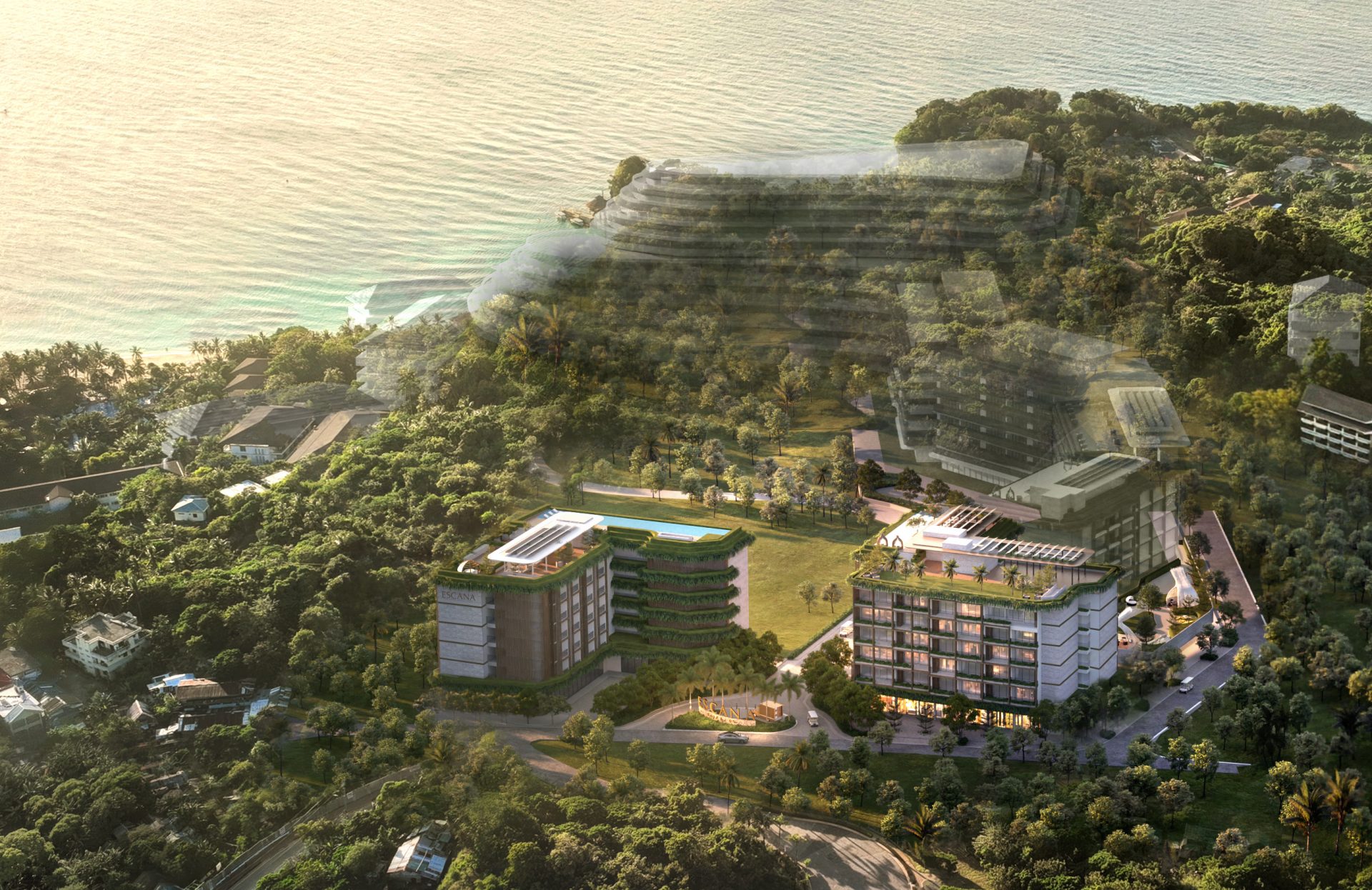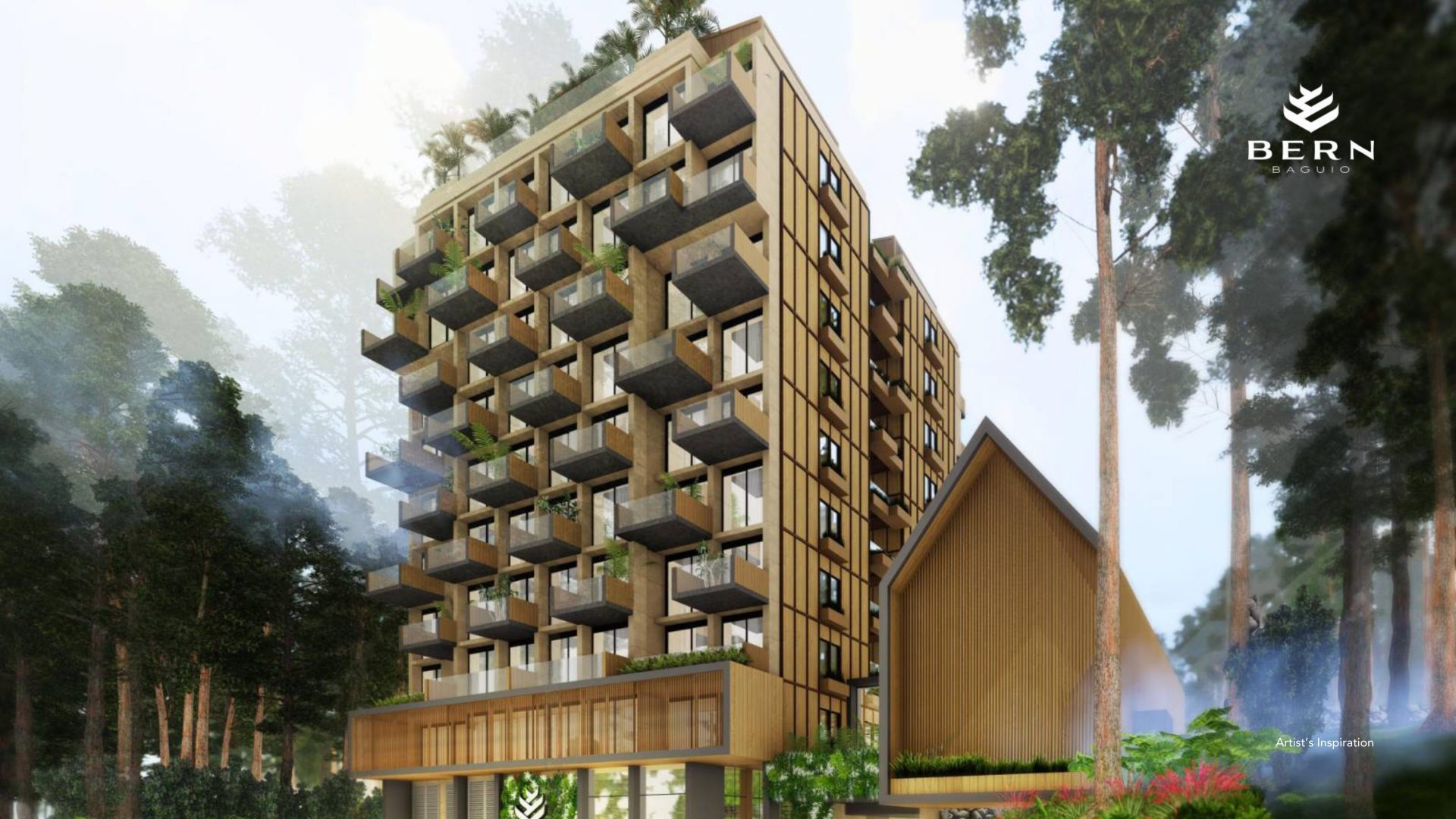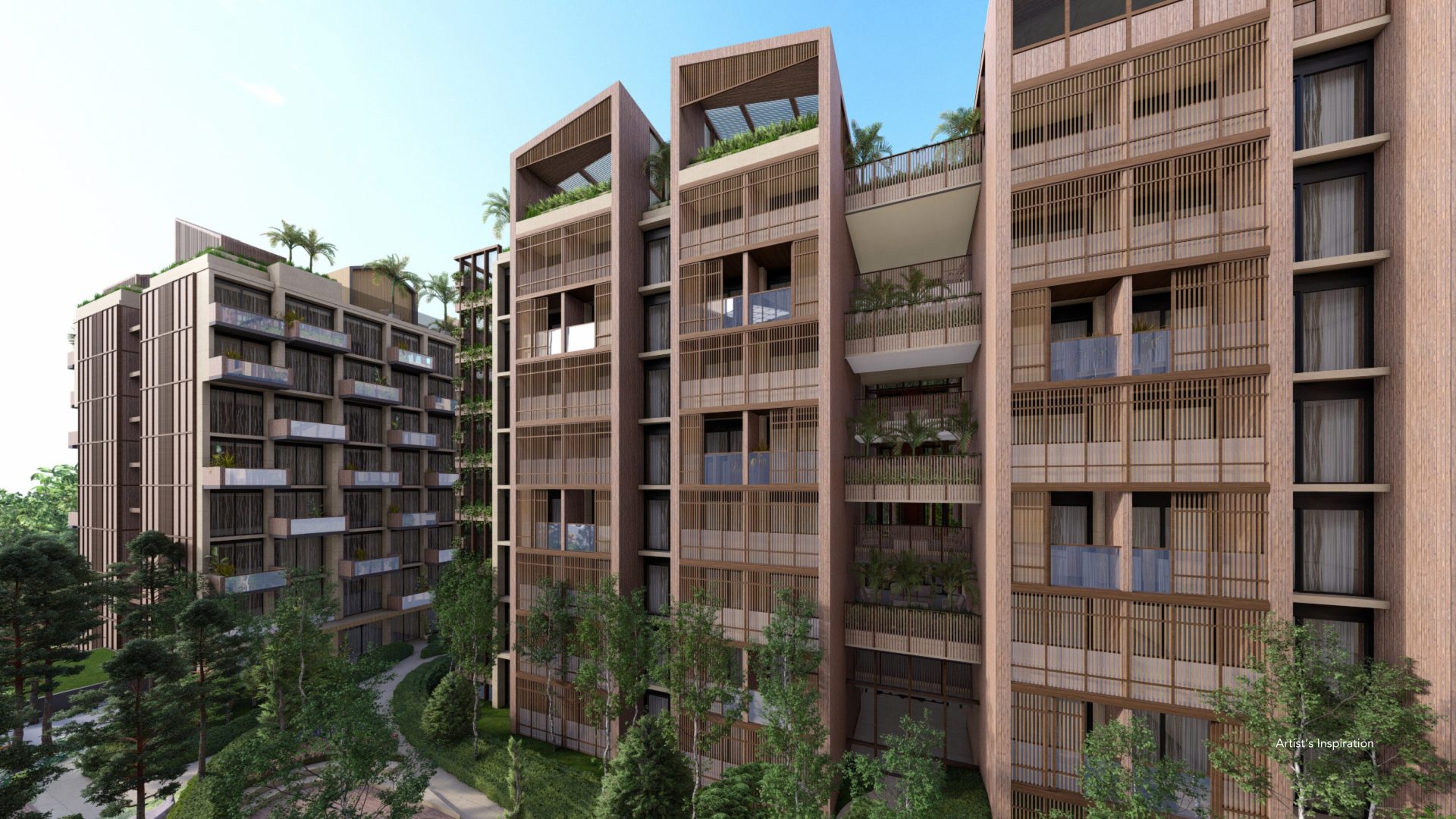BLOGS
Boiler Installation Cost
Get insights into the factors that influence prices and make informed decisions for your home heating needs. Don’t overspend – learn what to expect before installing a boiler.
The global boiler market has grown substantially in recent years, with projections indicating a steady upward trend in installations and replacements. Most of this surge is attributable to the upscale real estate market, with developers emphasizing energy-efficient and cost-effective home solutions.
Among them, Brittany Corporation stands out for its commitment to integrating advanced boiler systems in luxury homes. But how much does boiler installation cost?
This blog will look into boiler installation expenses, considering factors from the type of boiler systems to fuel sources, ensuring homeowners are well-informed when making their next investment.
Table of Contents:
- How much does it cost to install or replace a boiler?
- How much does a new boiler cost?
- How do different fuel sources affect the overall cost of a new boiler?
- How much does it cost to switch to a different fuel source?
- How does boiler size affect cost? How does boiler efficiency affect cost?
How much does it cost to install or replace a boiler?
In the Philippines, the cost to install or replace a boiler is influenced by various factors, including the type and size of the boiler, its fuel source, and labor costs.
Typically, installing a new boiler in a home costs approximately ₱200,750 (equivalent to $3,650). The price range for boiler installation often spans from ₱154,000 ($2,800) up to ₱242,000 ($4,400). For high-end projects, especially those requiring removing an old boiler, the cost can reach ₱275,000 ($5,000) or even more.
It’s essential to note that the final expense for your boiler project will hinge on the specific type and size of the boiler you opt for, the fuel it utilizes, and the prevailing labor rates in your locality.
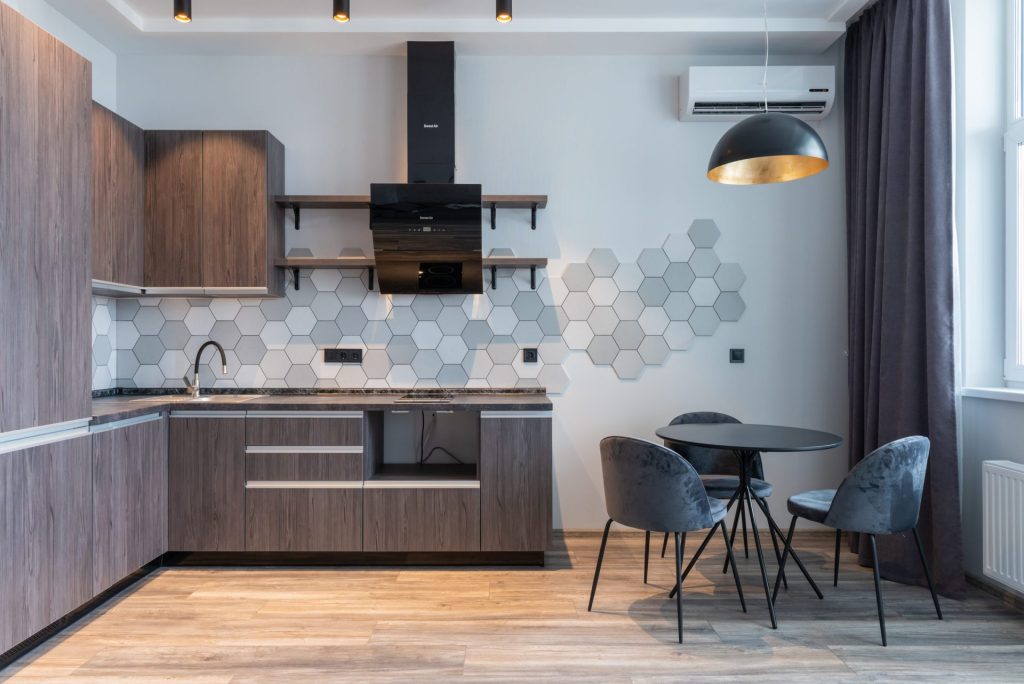
How much does a new boiler cost?
When contemplating boiler replacement costs in the Philippines, understanding the expense of a new unit is paramount. New boilers typically range from approximately P99,000 to P242,000, with the exact cost depending on the type and model you’re leaning toward.
With options like a combination boiler, a system boiler, or a standard boiler, each has distinct advantages and disadvantages tailored to various needs. Deciding on the correct boiler costs hinges on the type and the specific requirements of the space it’s intended for.
While apartments and smaller homes might find a compact electric or combination boiler sufficient, larger residences or buildings generally necessitate a standard boiler. When considering upgrading or replacing an existing boiler, it’s essential to factor in the initial investment and potential long-term savings to make an informed decision.
Combination Boilers
Combination boilers, commonly known as combi boilers, are the most popular type of boiler in many households. They provide heating and hot water directly from the mains without needing a separate tank. When you turn on a hot tap, the combi boiler heats water on demand, making it highly efficient. This means there’s no need to wait for a tank to fill up, but the flow rate might be limited if multiple taps are used simultaneously.
System Boilers
System boilers, unlike combi boilers, require a separate cylinder for storing hot water, but they don’t need a water tank as the heating and hot water systems are built into the boiler itself. This setup is beneficial for homes with more than one bathroom, as it can simultaneously deliver hot water to multiple taps. System boilers are known for their fast response times and the ability to maintain water pressure.
Standard Boilers
Standard, conventional, or regular boilers require a cylinder to store hot water and a tank to feed the system and keep it at the right pressure. This traditional system is often found in older homes, and while it’s excellent for homes with two or more bathrooms and a higher water demand, it does take up more space due to the separate tank and cylinder.
How do different fuel sources affect the overall cost of a new boiler?
The boiler replacement cost can vary significantly based on your chosen fuel source. Generally, the most commonly utilized fuel for boilers is natural gas. Installing a gas combi boiler tends to be more affordable upfront, and running costs are often lower than other fuel sources, making it a popular choice for homeowners.
Alternatives like oil, electric, or biomass boilers might be considered if your home isn’t connected to a gas line. While electric boilers have minimal installation costs and are highly efficient, their running costs can be higher due to electricity prices. On the other hand, oil boilers can be more expensive to install and maintain but can be a viable option in areas where gas is not readily available.

In luxury residential areas like those developed by Brittany Corporation, the choice of boiler replacement becomes integral to ensuring consistent comfort. For instance, properties in Portofino Alabang, Portofino Heights, and Amore at Portofino are designed to emphasize superior living standards, making efficient and cost-effective heating solutions essential.
Given these high standards, many homeowners in these upscale neighborhoods, including Vista Alabang, opt for a new combi boiler due to its combined efficiency and space-saving design.
In conclusion, while the initial boiler replacement and installation costs are significant, it’s crucial to consider the long-term expenses and efficiencies associated with each fuel type. Investing wisely in a boiler that suits the specific needs of your property, especially in elite locales developed by companies like Brittany Corporation, ensures immediate comfort and long-term savings.
How much does it cost to switch to a different fuel source?
Switching to a different fuel source involves various cost factors, including infrastructure modifications, equipment replacement, fuel prices, and potential regulatory implications. Initial investment might be substantial, especially when transitioning from traditional to renewable sources.
Costs also fluctuate based on region, fuel availability, and technology maturity. However, long-term benefits such as reduced operational costs, environmental impact, and government incentives can offset initial expenses. Conducting a comprehensive cost-benefit analysis to determine such a switch’s viability and return on investment is crucial.
How does boiler size affect cost?
The size of a boiler plays a pivotal role in determining its cost, with larger units generally being more expensive than their smaller counterparts. A conventional boiler typically serves larger homes with multiple bathrooms tends to cost more than compact boilers designed for smaller spaces. Additionally, the fuel source for the boiler can also influence the price.
Oil boilers may have different pricing structures than those powered by natural gas. When you’re in the market for a new boiler, matching the boiler’s size with the property’s heating and hot water demands is essential, ensuring efficiency and cost-effectiveness.
Interestingly, with the recent surge in house and lot properties for sale in the Philippines, prospective homeowners are paying keen attention to the quality and efficiency of installations like boilers. Many of the most beautiful houses in the Philippines are now equipped with top-tier boiler systems, reflecting a blend of aesthetic appeal and functional excellence.
This trend further underscores the importance of selecting the right boiler size for specific house and lot for sale listings, ensuring future residents enjoy optimal heating solutions tailored to their luxurious living spaces.
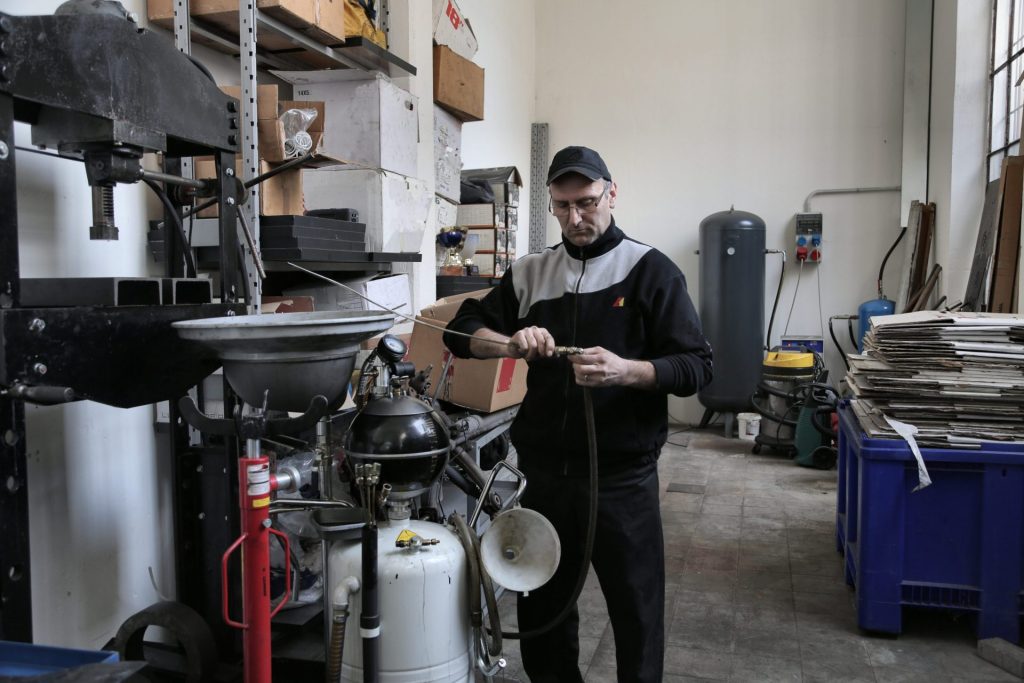
How does boiler efficiency affect cost?
Boiler efficiency is pivotal in determining the long-term costs of heating your home. Gas boilers have undergone significant advancements to become more energy-efficient, meaning they utilize more energy to produce heat.
A highly efficient boiler system minimizes wastage, leading to reduced fuel bills. While the initial investment for such efficient boilers might be higher, the savings on monthly energy bills quickly compensate for the upfront cost.
Electric boilers, known for their near 100% efficiency ratings, convert all the electricity they consume into heat. However, electricity often comes at a higher cost per unit than gas, making the operational costs potentially higher than gas boilers.
In contrast, a system boiler, though efficient in delivering hot water to multiple outlets simultaneously, can vary in efficiency based on its design and age. Balancing the initial costs with the anticipated efficiency-related savings over the boiler’s lifespan is essential when choosing a boiler.
Suggested Read: Radiant Floor Heating: The Secret To Heated Floors in Luxury Homes
Suggested Read: Ramen Lovers Unite: Brittany Corporation Top Picks
Suggested Read: Flooded Car? Check For These 10 Common Problems
Suggested Read: Spanish Household Energy Consumption Patterns
Suggested Read: Fuel Surcharges And How They Affect Plane Fair



